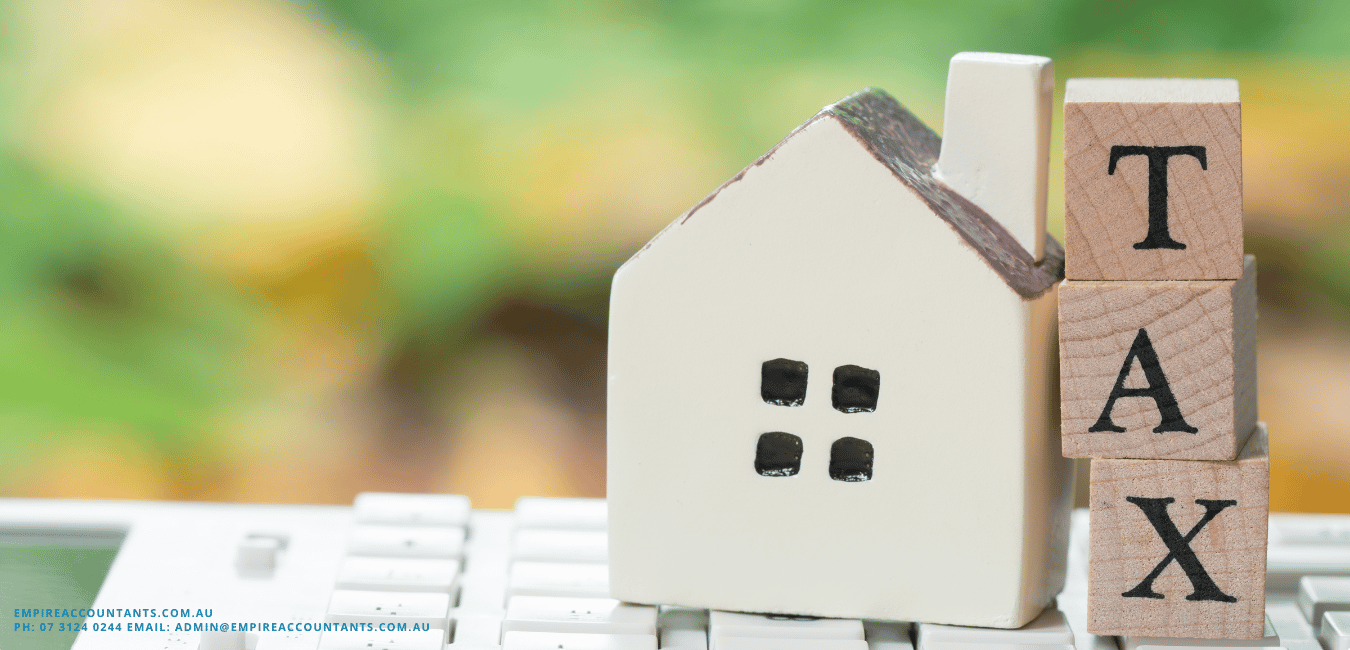Top 10 Tips to Pay Less Personal Tax in 2024
Posted 18 Jun '24

Posted 18 Jun '24

As June 30th rapidly approaches, it's important to consider strategies that can help you minimise your tax liability for 2024. Whether you're a chippie, doctor, engineer, sales rep or architect, considering some of these tips below and whether they apply to your circumstances may save you paying more in tax than necessary.
If you need some motivation to keep records we mention below, perhaps imagine what you could do with the money saved—reduce your home
loan, top up your superannuation, save for a holiday, put down a deposit on an investment property, buy a new dress, upgrade your car, or
pay for your children's education…just
to name a few.
When it comes down to it, we all want to maximise our hard-earned money and achieve our financial
goals. Here's a comprehensive guide to help you pay less personal tax before the end of the financial year
You might be eligible to claim home office expenses if you've been working from home. For the 2024 tax year, the Australian Taxation
Office (ATO) allows you to use the "Revised Fixed Rate Method" of $0.67 per work hour.
This rate covers most expenses related to working from home. We recommend keeping detailed records of your work hours and all related
invoices and receipts to substantiate your claims. The ATO
website
provides great resources on what you need to keep in order to legimitise this claim.
Are you required to use your car for work but have never bothered to maintain a logbook? A little bit of pain might be worth the gain. Maintaining an accurate motor vehicle logbook for at least 12 weeks to claim business-related vehicle expenses will give you the greatest deduction, especially for those required to use their vehicle to perform their role. Read more about the requirements here.
Alternatively, you can claim up to 5,000 business kilometres using the cents per kilometre method without needing a logbook! You still need to keep records to show how you travelled the km, but for those who don’t use their car a lot or are terrible record keepers, this is the next best option.
Keep receipts for any work-related expenses, such as uniforms, training courses, and learning materials, as these can be tax-deductible.
Income Protection Insurance premiums are generally tax-deductible and protect your income in case of illness or accident. These premiums can be claimed as long as you hold them in your personal name (not through your superfund). Interested to learn more the benefits of income protection insurance? We can put you in touch with a trusted financial planner who can help guide you in this space.
The tax-deductible super contribution cap for individuals under 75 is $27,500. Contributions to your superannuation are taxed at rates between 15% and 30%, significantly lower than the typical personal income tax rates ranging from 34.5% to 47%.
Consider making a deductible contribution to your super before June 30th to take advantage of this tax-saving opportunity.
Additionally, if you have a superannuation balance of less than $500,000 and haven't fully utilised your concessional contributions cap in previous years, you can carry forward the unused amount for up to five years. This rule allows you to make larger contributions in a year with more disposable income, thereby increasing your tax savings.
Contributing to your spouse's superannuation can be a beneficial strategy if they have limited income. You can claim a tax offset of up to $540 if your spouse's income is below $40,000. This strategy not only boosts your spouse's retirement savings but also helps reduce your taxable income.
Reviewing the ownership structure of your investments can be a long-term tax planning strategy. Family trusts can provide flexibility in income distribution and tax savings. However, any changes should be planned carefully to avoid capital gains tax and stamp duty implications. Speak to our restructure specialists here at Empire today to consider if this is a viable solution for you.
For investment property owners, obtaining a Property Depreciation Report from a Quantity Surveyor can unlock substantial tax deductions on both the property and its contents. The cost of this report is often recovered multiple times over through tax savings.
Prepaying expenses related to investment activities before June 30th can help you claim a tax deduction this financial year. This includes prepaying up to 12 months of interest on property or share investment loans.
The contract date, not the settlement date, determines the tax year a sale or purchase is recorded. So if you are considering disposing of any assets, it could be worthwhile to investigate whether or not you should wait or do it before 30 June.
The countdown is officially on until another financial year wraps up so hopefully there is a tip top tip in here worth exploring for you!

For those who may not be aware, the ATO’s Small Business Superannuation Clearing House (SBSCH) will permanently close on 1 July 2026. From 1 October 2025, new registrations will no longer be accepted. This is a major change that affects small businesses across all industries currently using the SBSCH to pay their employees’ super.

Let’s break down what the CGT discount is, why it’s not always the best option, and what you should consider before choosing how to structure your investments.